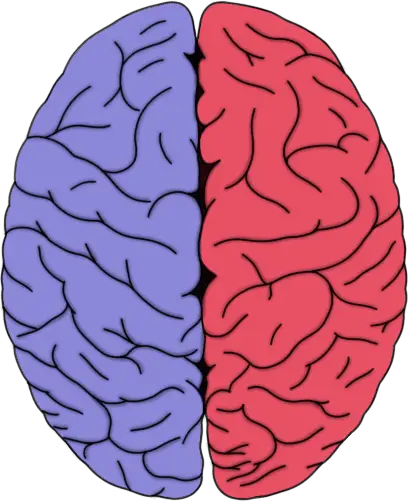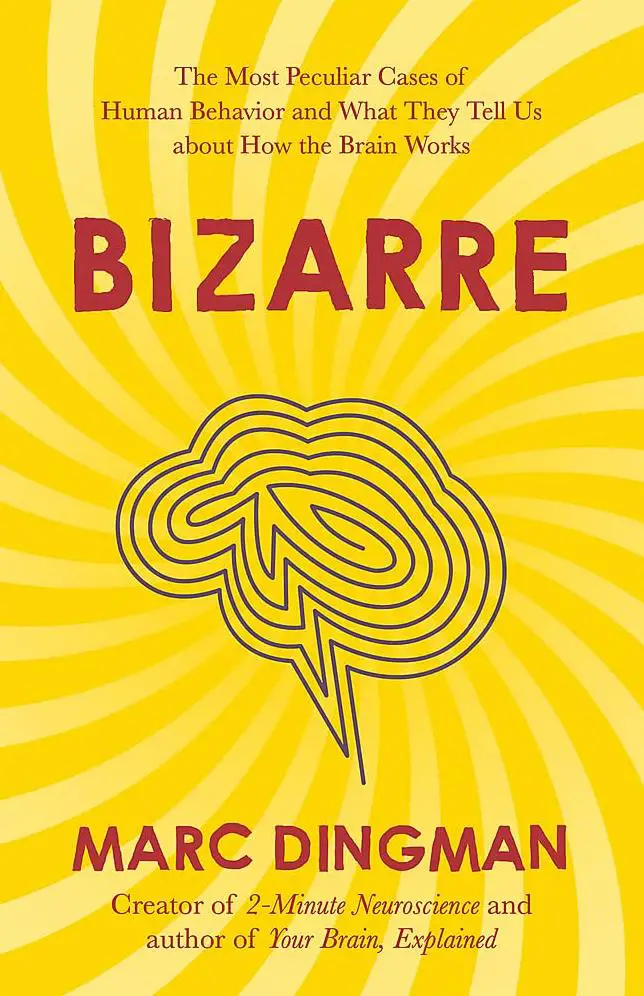Sweet Dreams, C. Elegans
Sleep is sometimes a vexing subject for scientists. We spend about 1/3 of our lives doing it. Yet, despite all the progress that has been made in discovering the reasons behind myriad other human behaviors, there is still no consensus on why we sleep. Some believe it has a recuperative effect on the body, allowing energy stores to be replenished. While a good night’s sleep may certainly allow us to feel more rested, this theory doesn’t explain the necessity of sleep, as the same result presumably could be obtained by lying still for eight hours. Others suggest sleep is an evolved, adaptive behavior that protected our ancestors from too much activity during the night—a dangerous time due to their inability to spot nocturnal predators. This also is an unsatisfying concept for several reasons, one being that some animals have evolved methods to enable sleep even though the act itself puts them in danger (e.g. bottlenose dolphin). Another hypothesis is that sleep is a necessary part of memory consolidation and mental functioning. While there is a great deal of debate over the particulars of this theory, it has more evidential support than the other two hypotheses.
Researchers at University of Pennsylvania School of Medicine are hoping to learn more about the purpose of sleep by studying Caenorhabditis elegans, a roundworm used as a model organism for many of the same reasons I outlined in my post about drosophila research. The group is the first to show that nematodes do experience sleep. They discovered a period in the worm’s development, which they termed lethargus, that is similar to sleep in other animals. The fact that sleep can be found in organisms so evolutionarily distant from us is further support for the idea that sleep is necessary, and not just an evolved, adaptive behavior.
But the changes that occur in the worm during lethargus may also give some clues as to the purpose of sleep. While C. elegans is in this phase of quiescence, numerous synaptic modifications take place within its nervous system. Thus, the researchers at Penn postulate that lethargus is a period in roundworm development that is necessary for nervous system growth. As synaptic changes occur during sleep in mammals as well, this lends support to the idea that sleep is necessary for proper brain functioning and development.
The group also identified a gene in C. elegans that regulates sleep. It has a human homologue that, although previously known, has not been studied in relation to sleep. The researchers hope these findings in the roundworm will eventually provide insight into the human sleep process and bring us closer to solving the mystery of why we spend so much of our lives in a seemingly nonproductive state.


